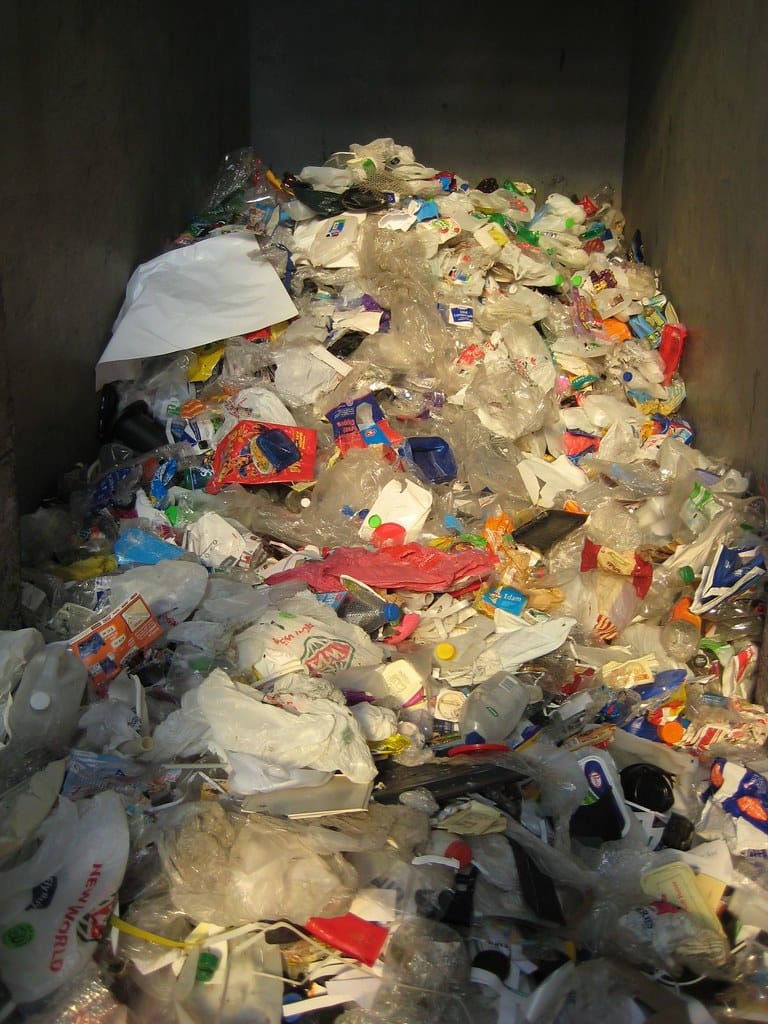Scientists Engineer Bacteria to Transform Plastic Waste Into Life-Saving Medicine
In a groundbreaking fusion of environmental science and pharmaceutical innovation, researchers have successfully engineered bacteria to convert plastic waste into paracetamol, one of the world's most widely used painkillers. This remarkable breakthrough could simultaneously address two of humanity's most pressing challenges: the global plastic crisis and sustainable drug manufacturing.
The Science Behind the Breakthrough
The research, led by scientists at the University of Edinburgh, represents a significant leap forward in synthetic biology. The team genetically modified E. coli bacteria to break down terephthalic acid (TPA), a key component found in polyethylene terephthalate (PET) plastics—the same material used in billions of water bottles and food containers worldwide.
Through a carefully orchestrated series of biochemical reactions, these engineered microorganisms convert the plastic-derived TPA into vanillin, which serves as a crucial precursor for paracetamol production. The process essentially transforms what was once considered waste into a valuable pharmaceutical compound.
"We've created a biological recycling system that not only removes plastic from the environment but generates something genuinely useful for human health," explains Dr. Stephen Wallace, one of the lead researchers on the project.
Addressing the Global Plastic Crisis
The timing of this discovery couldn't be more critical. With over 300 million tons of plastic waste generated annually worldwide, and less than 10% being effectively recycled, innovative solutions are desperately needed. Traditional plastic recycling methods are often energy-intensive and produce lower-quality materials, creating a cycle of diminishing returns.
Current statistics paint a stark picture:
- Only 9% of all plastic ever produced has been recycled
- 8 million tons of plastic waste enter our oceans each year
- PET bottles alone account for approximately 70 billion units of waste annually
This bacterial conversion process offers a compelling alternative, potentially transforming millions of tons of PET waste into valuable pharmaceutical precursors.
Revolutionary Impact on Drug Manufacturing
The pharmaceutical implications extend far beyond waste reduction. Paracetamol, known as acetaminophen in North America, is consumed by billions of people worldwide, with global production exceeding 145,000 tons annually. Traditional manufacturing relies heavily on fossil fuel-derived chemicals and energy-intensive processes.
By utilizing bacteria to produce pharmaceutical precursors from waste materials, this approach could significantly reduce the environmental footprint of drug manufacturing while creating economic incentives for plastic collection and processing.
Technical Challenges and Current Limitations
While promising, the technology faces several hurdles before commercial implementation. The current bacterial conversion rate remains relatively slow, requiring optimization to achieve industrial-scale production. Additionally, ensuring the purity and safety of pharmaceuticals derived from waste materials presents regulatory challenges that must be thoroughly addressed.
Researchers are now working to enhance the efficiency of the bacterial enzymes and scale up production processes. Early trials suggest that with continued refinement, the technology could become commercially viable within the next decade.
Environmental and Economic Implications
Beyond the immediate benefits of plastic waste reduction and pharmaceutical production, this breakthrough could catalyze broader changes in how we approach waste management and manufacturing. The concept of "waste-to-value" conversion could be applied to other materials and products, creating circular economy models that turn environmental problems into economic opportunities.
The potential economic impact is substantial. The global paracetamol market is valued at over $1.5 billion annually, while plastic waste management costs governments billions more. A system that addresses both challenges while generating revenue could transform waste management from a cost center into a profit driver.
Looking Toward the Future
This bacterial conversion technology represents more than just a clever scientific achievement—it embodies a new paradigm for addressing interconnected global challenges. As climate change intensifies and resource scarcity becomes more pressing, innovations that simultaneously tackle multiple problems will become increasingly valuable.
The success of this research opens doors to similar biotechnological approaches for converting other types of waste into useful products. Scientists are already exploring applications for different plastics types and alternative pharmaceutical compounds.
Key Takeaways
The development of bacteria capable of converting plastic waste into paracetamol marks a pivotal moment in sustainable technology. While technical challenges remain, this breakthrough demonstrates the potential for biotechnology to transform our approach to waste management and pharmaceutical manufacturing.
As this technology continues to develop, it could fundamentally reshape how we view waste—not as a problem to be managed, but as a resource to be harvested. For a world grappling with both environmental degradation and healthcare needs, this bacterial solution offers a glimpse of a more sustainable and interconnected future.
